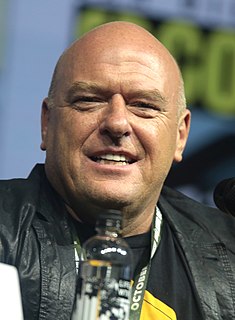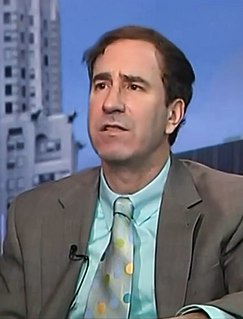A Quote by Howard Schultz
If you look at coffee, tea, food and juice, we think there are inherent opportunities. If you look at health bars or grab-and-go products that are in our stores, we think we can significantly enhance them and make them more widely available.
Related Quotes
The growth of the company and the license that Starbucks has is to participate in other food and beverage opportunities. We have a global business... and in many parts of the world, tea is much, much bigger than coffee, and we're going to bring tea and bring our capability and our understanding of what we've done for coffee to tea.
We don't look at problems logically, we look at them emotionally. We look at them through the guts. We look at them as if we're doing a high school problem, like what is beautiful, what makes me recognized among my peers. We don't go and think about things. We, as a society, don't wish to engage in rational thought.
...Only the big food manufacturers have the wherewithal to secure FDA-approved health claims for their products and then trumpet them to the world. Generally, it is the products of modern food science that make the boldest health claims, and these are often founded on incomplete and often bad science.
The narrative fallacy addresses our limited ability to look at sequences of facts without weaving an explanation into them, or, equivalently, forcing a logical link, an arrow of relationship, upon them. Explanations bind facts together. They make them all the more easily remembered; they help them make more sense. Where this propensity can go wrong is when it increases our impression of understanding.
My dad had always been a big decaf coffee drinker. But my mom had always been more of a tea drinker. So I grew up around a lot of tea. And I also really love tea. But I'm not one of those people who has ever felt the need to choose between coffee and tea. I think that is a completely false dichotomy.
































